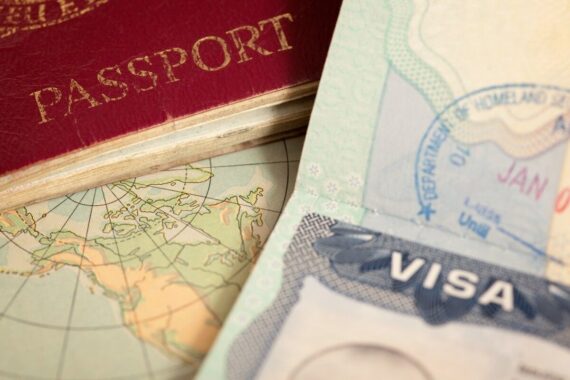The Department of Health and Social Care is ‘working with the Home Office’ to find solutions to the visa challenges faced by IMG GP trainees, it told Pulse.
This comes as the Government responded on Friday to the Health and Social Care Committee’s workforce report, which made several recommendations to improve IMGs’ experience.
The report called for all IMG GP trainees to be offered leave to remain in the UK after completing GP specialty training, and for a ‘default visa extension’ for six months after their expected completion date.
In response to all the recommendations on IMGs the Government said it agrees ‘in principle’, however it failed to specifically address the visa issues.
The Department of Health and Social Care (DHSC) has since confirmed to Pulse that it is working in collaboration with the Home Office on these issues to ‘explore all possible solutions’ and will ‘provide a further update shortly’.
The committee’s report, which was published in July last year, aimed to hold the Government to account on its policies in the face of the ‘greatest workforce crisis’ in the NHS and social care sector’s history.
It made 60 recommendations on workforce planning, recruitment, retention, training, working culture, and continuity of care.
These included several recommendations on international recruitment, including a section on GP visas which was based on the RCGP’s letter to the committee highlighting the ‘significant bureaucracy’ IMGs completing the three-year GP training course face.
The report said: ‘GPs are particularly disadvantaged because IMGs can apply for indefinite leave to remain after five years in the UK: every other medical specialty has training which lasts more than five years, which means most IMGs can secure indefinite leave whilst still sponsored by their training body.’
This system therefore leaves a two-year gap in which IMG GP trainees must secure sponsorship if they want to stay in the country when their visas run out.
Over 40% of all trainees are IMGs and around 30% of respondents to a survey by the RCGP last year said they found the visa system so difficult they were considering giving up on their plans to work as GP in the UK.
In its response to the report last Friday, the Government said it was working to increase the number of GP practices registered as Home Office sponsors and that NHS England is ‘improving awareness amongst IMGs on the steps they need to take to prepare for entering the workforce’.
When asked about the specific recommendations on visas, the DHSC told Pulse: ‘We recognise the importance of international medical graduates in growing the general practice workforce and the challenges they can face upon completion of training.
‘We are working with the Home Office to explore all possible solutions and will provide an update shortly.’
Last month, the BMA wrote to immigration minister Robert Jenrick to call for a six-month ‘grace period’ for GP trainees coming from overseas in order to ‘help alleviate some of the stress and anxiety’ of finding employment at a GP practice.
In November last year, NHS England and the Home Office were looking into whether ‘umbrella bodies’ such as ICBs could sponsor IMG GPs to remain in the UK.
Pulse October survey
Take our July 2025 survey to potentially win £1.000 worth of tokens













